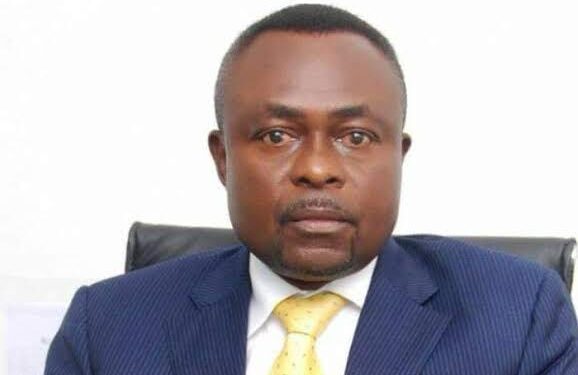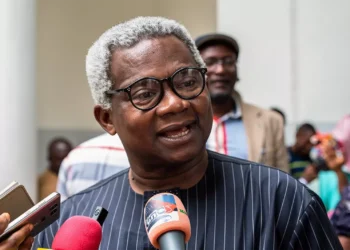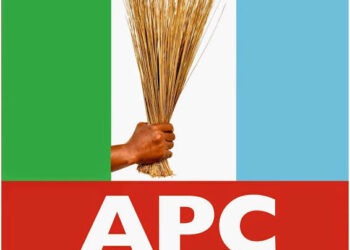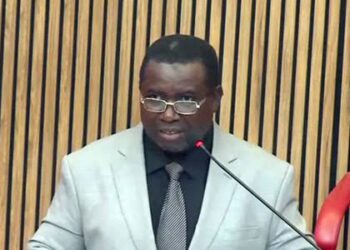Chris Nkwonta, a prominent lawmaker representing the Ukwa East/Ukwa West Federal Constituency in Abia State, has officially defected from the Peoples Democratic Party (PDP) to the All Progressives Congress (APC).
This political move was announced on Wednesday when the Speaker of the House of Representatives, Abbas Tajudeen, read a letter detailing Nkwonta’s decision during a session of the House.
Nkwonta’s shift comes at a time when the political landscape in Nigeria is increasingly dynamic and often contentious.
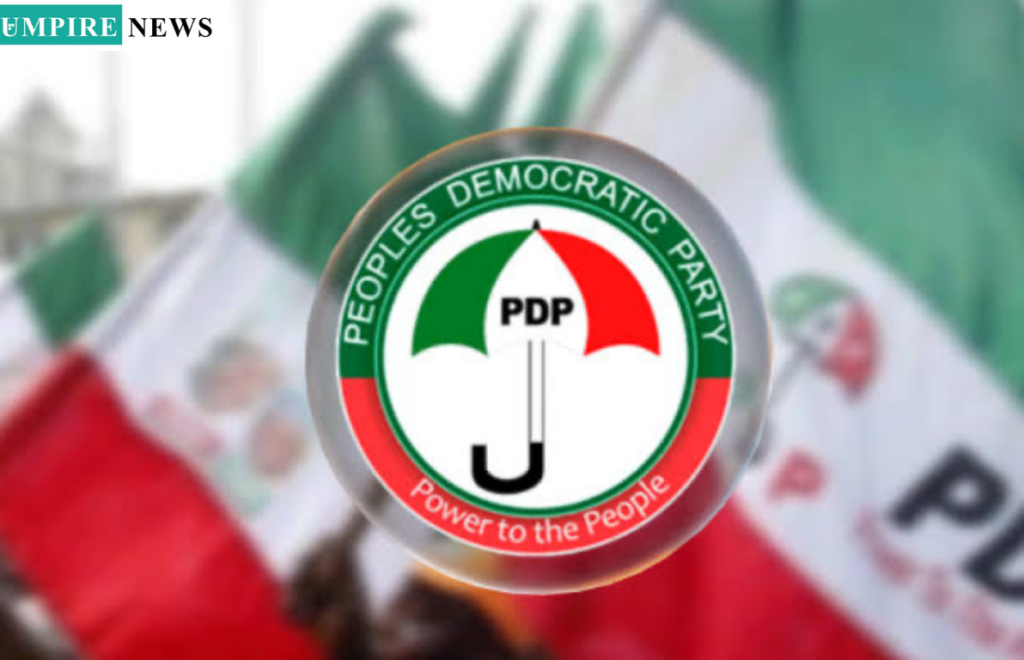
His departure from the PDP has raised eyebrows and sparked discussions among party members and observers alike, particularly given the timing and context of his decision.
In his letter, Nkwonta expressed gratitude for the opportunities he received while serving under the PDP but indicated that he felt a change was necessary for both his political career and his constituents.
The Deputy Minority Leader, Aliyu Madaki, expressed strong objections to Nkwonta’s defection, citing Order 68 of the 1999 Constitution. Madaki argued that a lawmaker should only abandon their party if there is a significant crisis within it.
He contended that loyalty to one’s party is essential, especially for elected representatives who owe their positions to the support of their party and its platform.However, the Speaker dismissed Madaki’s point of order, emphasizing that there is indeed turmoil within the PDP.
“The information available to me shows there is a faction,” Speaker Tajudeen stated, which elicited cheers from members of the APC.
This statement underscored the divisions currently affecting the PDP and highlighted the ongoing struggles within the party that may have influenced Nkwonta’s decision.
Nkwonta’s defection is not an isolated incident; it reflects a broader trend of political realignments occurring across Nigeria.
As elections approach, many lawmakers are reevaluating their affiliations in response to internal party conflicts and shifting public sentiment.
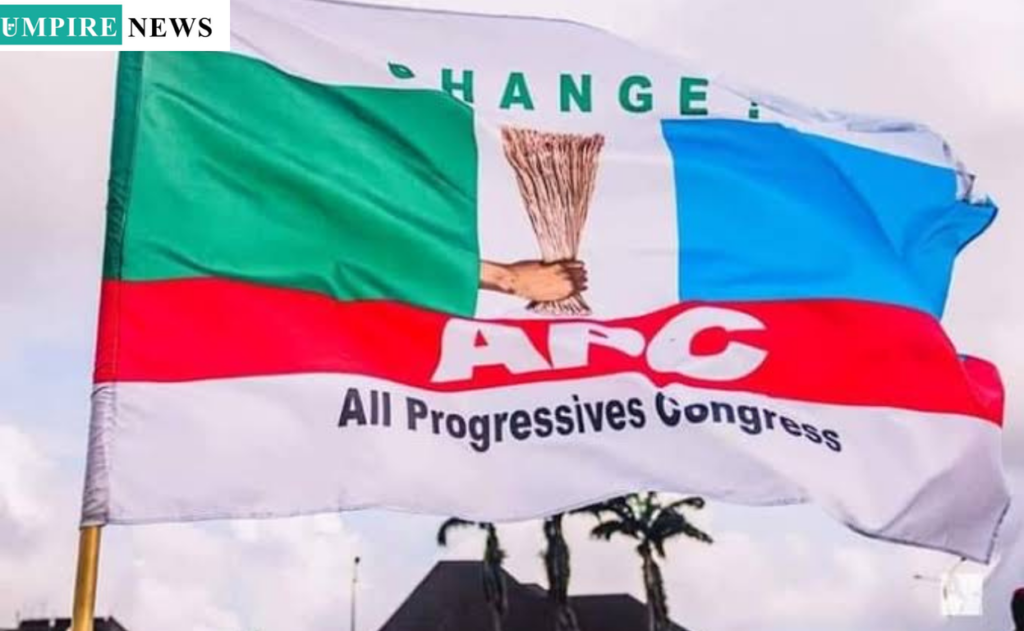
The APC, under which Nkwonta will now serve, has been actively courting new members to strengthen its position ahead of upcoming electoral challenges.
Political analysts suggest that this move could have significant implications for both the PDP and the APC. For the PDP, losing a member like Nkwonta may weaken its presence in Abia State, particularly in areas where he has built a strong following.
Conversely, for the APC, bringing in a seasoned politician like Nkwonta could enhance their appeal and outreach, particularly among voters who are dissatisfied with the current state of affairs in the PDP.
As the political landscape evolves, it remains to be seen how Nkwonta’s defection will impact his constituents and the broader political dynamics in Abia State.
His decision highlights the complexities of party loyalty and the strategic maneuvers politicians often undertake to secure their political futures in a rapidly changing environment.Political observers will be watching closely to see how this shift influences future developments in the region and the ongoing rivalry between the PDP and APC.


